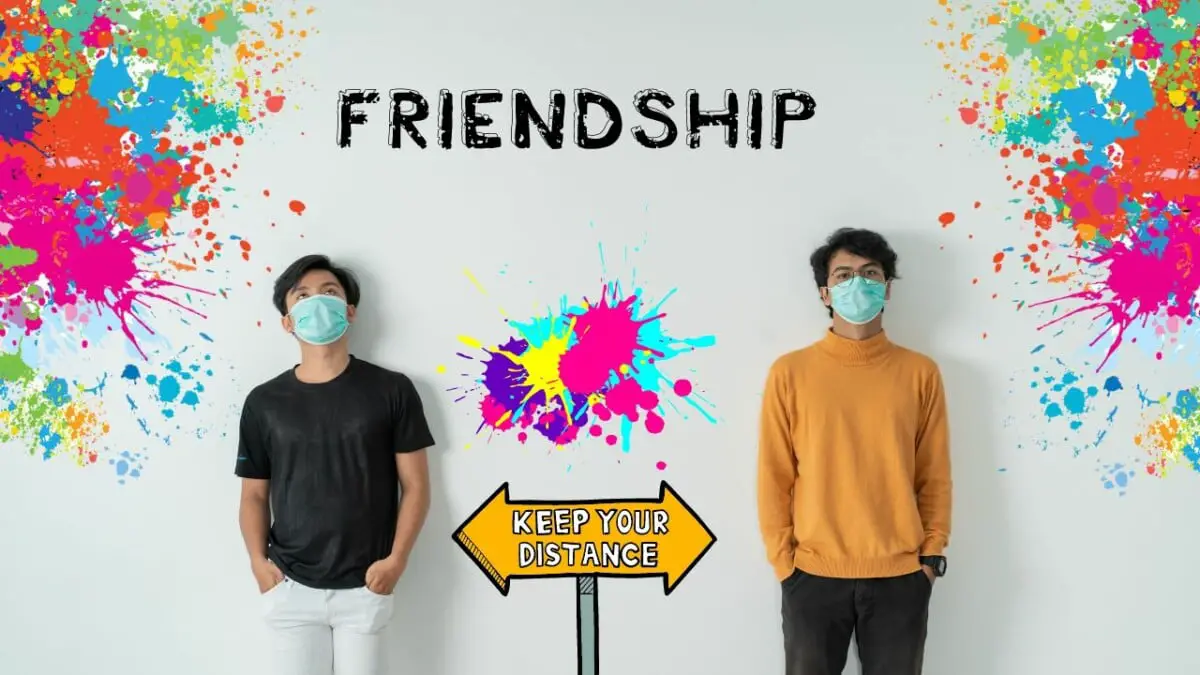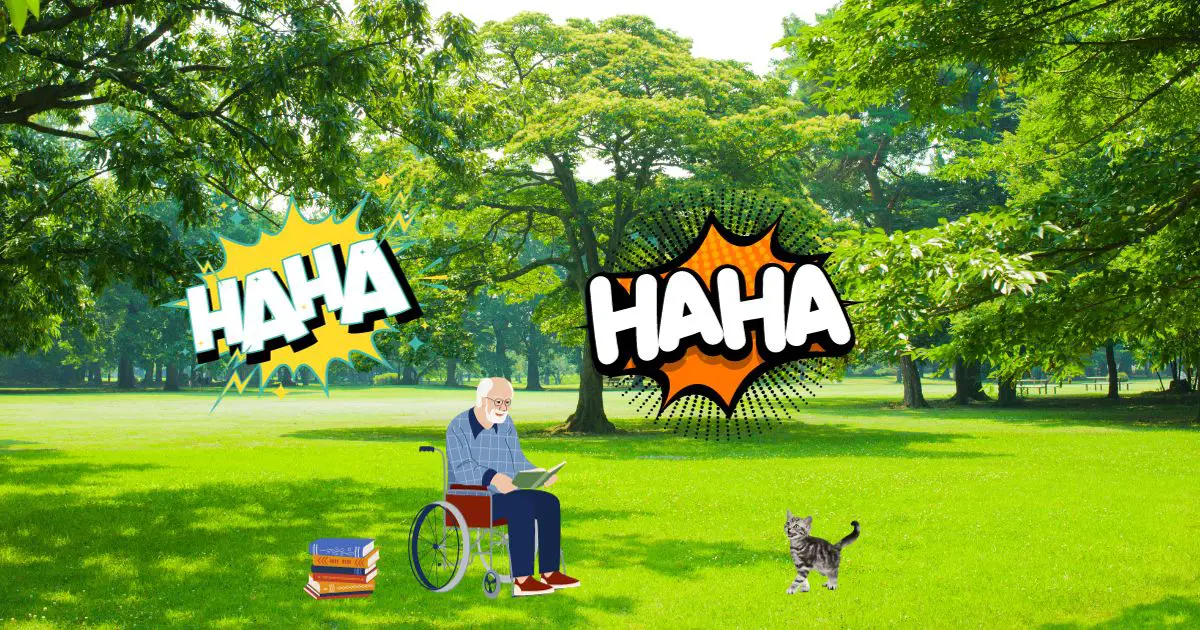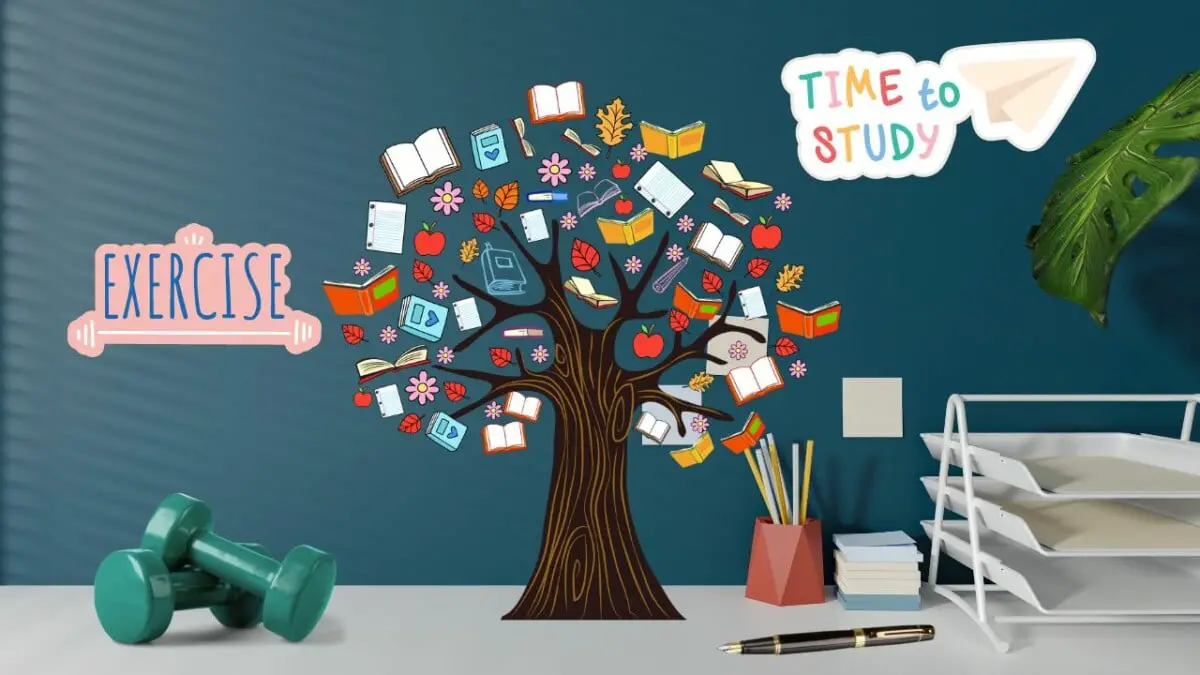Our lives crucially depend on friendship. It influences our happiness, well-being, and personal growth. Yet, instances arise when a friend’s behavior raises concern. This prompts us to evaluate the relationship’s health, an essential task.
As soon as you observe rogue behavior in a friend, it’s advisable to gradually create some distance. The extent of this distancing depends on the severity of your friend’s rogue behavior. If their behavior is extreme and affects your personal life, distance yourself significantly. Distancing doesn’t necessarily mean cutting them off forever; rather, it’s about giving them space to fix their issues and providing yourself time to reassess the situation before deciding on your next move.
In exploring the signs that indicate rogue tendencies in a friend and understanding when self-distancing becomes necessary, this article undertakes such examination with precision. Delving into psychological insights and real-life examples, we shall navigate the intricate terrain of friendship dynamics. We aim to guide individuals grappling with these dilemmas.
Understanding Rogue Behavior

Recognizing the Red Flags
The first step to determining if distancing is necessary involves identifying signs of rogue behavior in a friend. Studies suggest that abrupt changes in their communication patterns, constant negativity, or avoidance of responsibilities can indicate problematic conduct. These red flags might appear suddenly, causing unease and concern.
Alternatively, they may manifest gradually. Paying attention to shifts in your friend’s demeanor, and specifically noting any unusual behavior deviating from their usual patterns, proves essential. A sudden withdrawal from social activities or reluctance to engage in conversations could signal an underlying issue requiring exploration.
Non-verbal cues, in addition to observable behaviors, can serve as subtle indicators of rogue behavior. For instance, a friend’s body language. If they avoid eye contact or display defensive postures, these offer insights into their emotional state. Thus, understanding these signals is crucial. Your ability to identify early red flags is enhanced when you understand such cues. This facilitates a proactive approach towards potential friendship challenges.
The Impact of Rogue Behavior on Your Well-being
Toxic relationships, as research indicates, can profoundly affect mental health. The emotional toll of aligning with a rogue individual might reveal itself through stress. It could even escalate to anxiety or depression. It remains critical to acknowledge that this impact surpasses mere emotional well-being.
This rogue behavior can extend into other aspects of life, including physical health, and daily functioning. Such friendships may disrupt individuals’ sleep patterns, alter their appetite, and impede their concentration on daily tasks.
Essential to those grappling with the decision to distance themselves is their understanding of the psychological aspects these impacts can have. Studies underline that mental and physical well-being are interconnected. Rogue behavior, with its profound implications, affects overall health significantly. Delving into complexities reveals an evident truth, prioritizing your wellbeing isn’t merely a choice but rather, it’s crucial for leading a fulfilling life.
- Consideration: Reflect on how long the observed red flags have persisted; consistent problematic behavior may require different interventions than occasional lapses.
- Caution: Be mindful of your emotional responses; understanding your feelings can aid in objectively evaluating the situation.
Navigating the Decision-Making Process

Evaluating the Friendship
Identifying the red flags initiates a crucial step toward evaluating the overall health of friendship. Not only is it vital to acknowledge problematic behavior, but comprehending the context and history within the friendship also yields valuable insights. Evaluating the friendship holistically, considering its duration, and shared experiences, observing the evolution of both individuals over time enables a more nuanced perspective. This process aids in decision-making at an advanced level.
We craft a supportive framework by weaving these narratives into the discussion, encouraging self-reflection, and facilitating a deeper understanding of the intricacies involved. Personal anecdotes and relatable scenarios indeed serve as invaluable tools for readers navigating their friendships. When we share stories about friendship challenges, and particularly when we present resolutions to those challenges, a sense of connection is fostered. It assures readers that they are not alone in facing difficult decisions.
The Role of Boundaries in Healthy Friendships
Any relationship necessitates the setting and maintaining of boundaries. This is an essential task. The establishment of clear and respectful boundaries is emphasized as pivotal for fostering healthy connections that go beyond mere recognition. They require nuanced implementation and effective enforcement.
Recognizing the flexible nature of boundaries as dynamic guidelines, rather than rigid walls, allows for a more nuanced approach when encountering friends with rogue behavior. This understanding empowers individuals to adapt within their friendships in response to changing circumstances while always prioritizing personal well-being. Emphasizing boundaries’ role as constructive tools that foster healthy connections empowers readers, instilling them with confidence to navigate the intricate dynamics of friendship effectively.
- Fact: Effective communication of boundaries is a skill that can be developed through practice and self-awareness.
- Noteworthy Information: Boundaries are not synonymous with ending a friendship. They serve to enhance the quality of the relationship.
Implementing Distancing Strategies

Communicating Your Needs
Deciding to distance oneself from a friend necessitates key elements of effective communication including an understanding drawn from studies on interpersonal communication, practical tips for expressing one’s feelings, and establishing open dialogue. Enhancing the efficacy of expressing needs and concerns requires understanding not just the conversation’s surface-level aspects, but also its emotional undercurrents and subtle nuances.
Exploring the integration of empathy into communication strategies aims to cultivate mutual understanding. Acknowledging that decisions that create distance affect both individuals in a friendship fosters a more compassionate exchange. When approaching the conversation with sensitivity and openness, one can navigate through communicating their needs, all while preserving respect for the other person’s viewpoint.
Seeking Support from Other Connections
When one distances from a friend, loneliness indeed presents itself as a formidable challenge. Acknowledging this decision’s emotional gravity, yet offering illuminating perspectives into seeking assistance through other connections. We venture beyond conventional friendship networks to probe how family, mentors, or professional associations step in, and provide crucial emotional bolstering amidst adversity.
Emphasizing the proactive building of a diverse support network underscores its contribution to overall well-being. Research proposes that those with an expansive social support system are better prepared to cope with life’s challenges. This encourages readers to expand their circle of support and discern, through multiple connections, resilience along emotional stability. Thereby, recognizing the intrinsic value embedded in these relationships.
- Consideration: Assess the existing support network and identify potential gaps that need diversification.
- Caution: Avoid isolation; maintaining social connections is essential for mental and emotional health.
Embracing Change and Personal Growth

Learning from the Experience
This section, drawing insights from real-life stories and psychological studies, actively encourages readers to perceive their experiences of distancing from a rogue friend as opportunities for personal growth. The process is laden with emotions and self-discovery. People empowered with the understanding that adversity can catalyze positive change, approach their experiences through resilience and a growth mindset.
Continuous learning and adaptation form the crux of navigating friendship dynamics’ complexities. People, by embracing this process of education, can extract valuable insights. These contribute significantly to their emotional intelligence as well as interpersonal skills.
Moving Forward Positively
Embracing a positive mindset post-distancing forms the focus of our final section: we employ motivational language and practical advice to direct readers’ energy toward self-improvement and cultivating healthier relationships. The second paragraph delves deeper into this, examining the concept of future vision creation; it elucidates with graduate-level punctuation such as colons, semi-colons–and dashes where appropriate. By urging readers to envision the friendships and connections they aspire to cultivate, we set in motion a positive trajectory for personal growth.
Emphasizing the potential for a brighter future inspires readers to choose empowering options that enhance their well-being. This approach, laden with hope and motivation, spurs individuals into active participation in shaping their post-distancing reality. Proactively embracing change – an act imbued with optimism – fundamentally becomes a strategy for constructing a life filled with fulfillment and meaning.
- Fact: Positive thinking is associated with improved mental health and increased resilience in the face of challenges.
- Noteworthy Information: Creating a vision for the future helps individuals set intentional goals for their personal and social development.
Coping Strategies During Distancing

Navigating Emotional Turbulence
One must acknowledge and constructively navigate a range of emotions–including guilt, sadness, and even relief–that can be triggered by distancing from a friend who exhibits rogue behavior.
Exploring journaling, meditation, and seeking guidance from a mental health professional reveals effective coping mechanisms. Engaging in self-reflection and acknowledging the emotional journey enables individuals to cultivate resilience; furthermore, it illuminates their decision-making process with clarity. We underscore the notion that viewing support-seeking as a strength—not a weakness—is crucial given our understanding of emotional well-being as an intricate, dynamic process.
Rebuilding Trust in Future Connections
Following a strenuous friendship, the imperative for personal growth involves reconstructing trust in future connections. Recognizing that building trust is an incremental procedure potentially necessitating vulnerability, we implore our readers to embrace new affiliations with candor yet sustain healthy boundaries.
It’s important to discern trustworthy traits in potential friends, and the criticality of clear communication which is an essential element for establishing trust. Its aim is to empower readers, allowing them not just to learn from past experiences but also ensuring those do not hinder future connections. It presents a roadmap, a guide for rebuilding trust strategically and fostering relationships with depth, imparting an insightful perspective that elevates this discourse from mere theory to actionable wisdom.
- Consideration: Recognize that emotions are valid and part of the healing process; don’t rush through them.
- Caution: Avoid suppressing emotions; seeking professional support can be instrumental in navigating complex feelings.
Maintaining Boundaries Post-Distancing

Reinforcing Personal Boundaries
In implementing distancing strategies, we must reinforce personal boundaries for sustained well-being. This section builds upon the earlier discussion to offer nuanced insights into how one can maintain these boundaries once they have decided to distance themselves. We acknowledge that some individuals may try re-entering our lives; thus, taking proactive steps towards reinforcing and upholding our boundaries becomes essential in preserving a healthy and balanced life.
Practical advice includes communicating boundaries firmly, yet respectfully and understanding that self-prioritization is not selfish. Emphasis is placed on the crucial need for periodic reassessment and adjustment of these boundaries in response to personal growth and evolving circumstances. By establishing a robust framework for ongoing maintenance, readers are equipped post-distancing to navigate potential challenges.
Nurturing New and Healthy Connections
As one distance from a rogue friend, an opportunity arises to cultivate new and healthy connections. It emphasizes openness as well. When individuals engage in activities that align with their interests, this significantly augments the likelihood of forming profound connections. Individuals who seek social opportunities should participate in communities that align with their values.
Not only does nurturing new connections fill the void left by a previous friendship, but it also creates an enriching and supportive social network. We discuss practical tips on initiating conversations and attending social events. Moreover, we explore how to establish oneself in new relationships authentically. Individuals can embark on a journey to rediscover the joy and fulfillment healthy friendships bring by focusing on the potential for positive connections.
- Fact: Reinforcing boundaries is an ongoing process. It evolves as individuals grow and their needs change.
- Noteworthy Information: Building new connections takes time; patience is key in fostering authentic and lasting friendships.
Building Resilience for Future Friendships

Understanding Emotional Resilience
Embarking on the journey of healing post-distancing requires a fundamental focus, nurturing emotional resilience for future friendships. It elucidates its pivotal role in navigating challenging relationships’ aftermath. By drawing insights from psychology, an essential tool, strategies are explored to cultivate resilience, enabling individuals not only to bounce back from setbacks but also to approach new connections with a healthier mindset.
Mindfulness practices and gratitude journaling, are all exercises geared towards enhancing emotional well-being. By fostering emotional resilience, you can not only recover from the challenging toll a friendship may take but also construct a robust foundation for future connections that are more resilient and fulfilling.
Establishing Healthy Communication Habits
Any successful relationship fundamentally relies on effective communication as its cornerstone. This section directs our attention towards the cruciality of fostering robust habits in communication for forthcoming friendships. It leverages insights from various studies to delve into aspects such as active listening, assertiveness, and constructive expression of needs. Individuals who comprehend the impact of language and tone on interpersonal dynamics are empowered to cultivate clear, respectful communication.
The text offers practical insights into enhancing communication skills: it emphasizes strategies like reflective listening and employing “I” statements. By integrating these techniques, a crucial step in daily interactions can foster an environment of transparent, honest dialogue in their forthcoming relationships. This is key to healthy social bonds.
- Consideration: Reflect on past communication challenges. Identify areas for improvement to enhance future connections.
- Caution: Be mindful of assumptions; effective communication requires understanding different perspectives.
Conclusion
Recognizing the imperative to disassociate from a friend who has taken an erratic path signifies a crucial juncture in personal development. This guide is a fusion of psychological perspectives, true-life instances, and pragmatic counsel. It seeks not only to assist but equip individuals traversing the complex terrain of friendship dynamics.
As you progress, bolstering resilience, refining communication skills, and curating a positive social circle are vital foundations for nurturing satisfying and significant connections. Each step you take to prioritize your well-being. It’s a stride towards an illuminated, empowered future.






